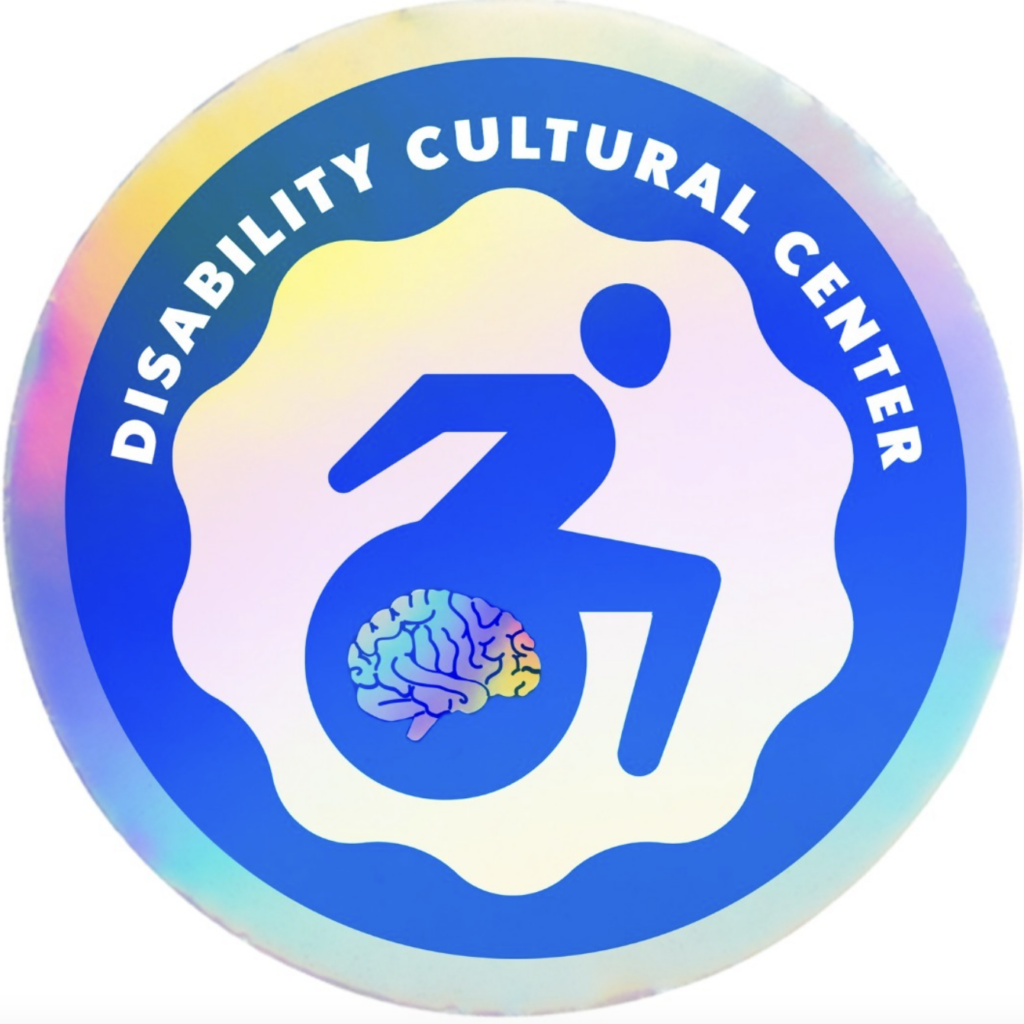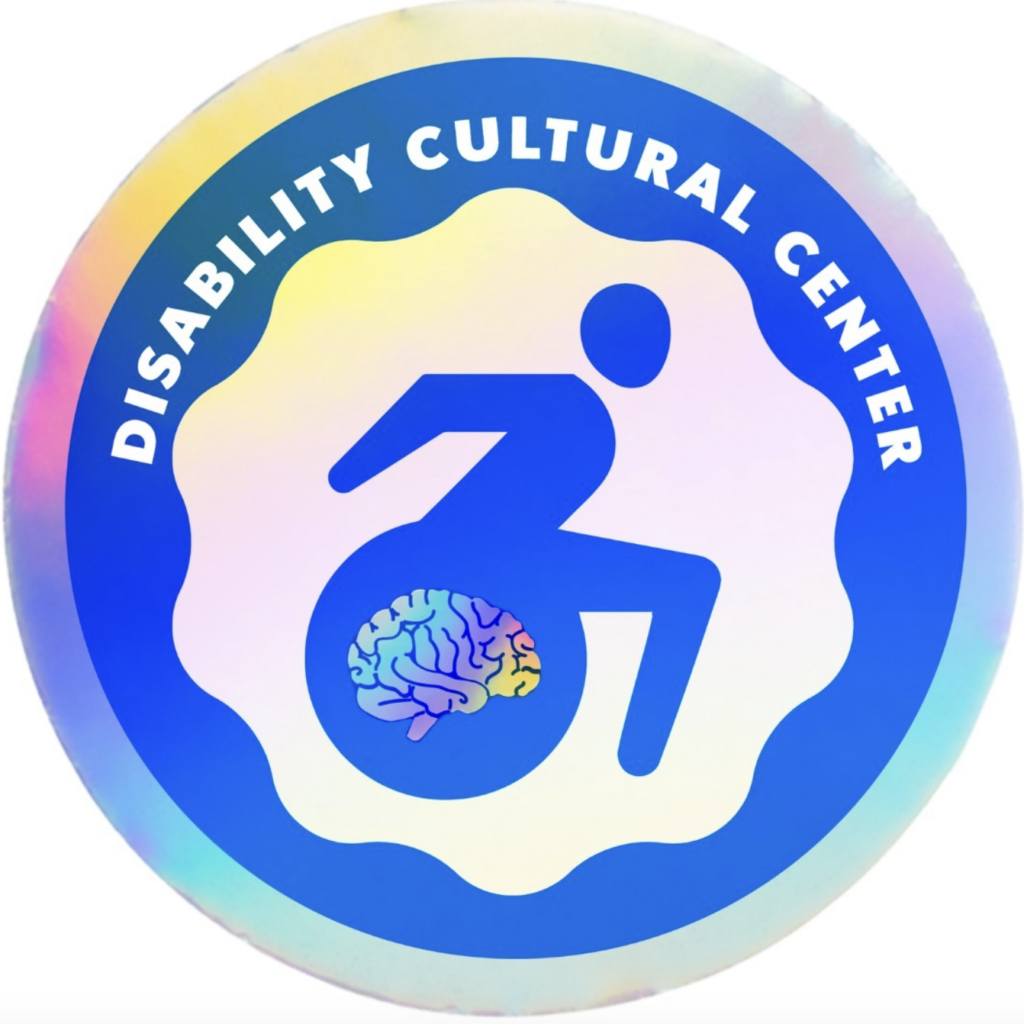Georgetown’s Disability Cultural Center collaborated with Diversability, a community business dedicated to uplifting disabled voices , to host the Diversability Unplugged: Disability and Student Advocacy panel on Sept. 26.
The panelists included Jessica Lopez, a disability inclusion consultant and student at Coastline College in California; Zach Lee (CAS ’25), the treasurer of Georgetown Disability Alliance; Lauren Proby, a disability justice advocate at Spelman College; and Sean Brady, a political organizer and student at Yale University.
Diversability’s head of content Katherine Lewis moderated the panel, which also included two ASL interpreters. During the event, which was hosted on Zoom, Lewis asked questions to the panelists about increasing advocacy on college campuses, accessing accommodations and creating community for disabled people. Around 75 people watched the panel and shared their own questions with the panelists.
Proby said students with disabilities may sometimes have a hard time advocating for themselves on college campuses because of the assumption historically entrenched in academia that everyone has the same needs and experiences.
“It’s just this very rigid and monolithic idea of the college experience, and it’s certainly not true,” Proby said at the event. “And when people do struggle, they don’t know where to go, and they don’t know how to deal with that. And then they end up feeling like they’re a failure, or they shouldn’t be in college, because the narrative is just that those people shouldn’t be there.”
Activist Tiffany Yu (MSB ’10) started Diversability as a club at Georgetown in 2009. It has since grown into a successful company that promotes democratizing disability visibility and representation by amplifying disabled voices.
The panelists discussed the stigma around disabled students asking for help during college. Nearly 20% of all undergrad students and 12% of all grad students report having a disability, yet only 8% of all students were registered with their school’s campus disability center, according to a 2015-2016 report.
Colleges’ codes of conduct often create structural barriers to disabled students getting adequate care, according to Proby.
One of these policies is the Undergraduate Financial Aid Satisfactory Academic Progress Policy (SAP), which are federal regulations that state the academic guidelines under which students can qualify for federal financial aid. Undergrad students must meet a minimum GPA requirement, complete their degree within 6 years and complete at least ⅔ of their course load in a given semester.

Although the SAP’s requirements can be appealed in the case of disabilities, colleges are able to use their individual discretion to decide if the student will still receive their financial aid. According to Georgetown’s Academic Standards, students may be suspended for failing two courses in a semester, or one while on academic probation, as well as if they do not meet GPA requirements.
This policy further discourages students from seeking help if they need to take some time off from school, as they fear losing their financial aid or insurance if they need to leave for an extended period due to their disability, according to Proby.
Brady said that students’ financial and accessibility concerns regarding healthcare access must come first, as many universities do not provide affordable healthcare plans for students with disabilities.
“So we either have to figure out a way to fund that through our own pockets that take up part of our scholarship, which means less money for us to actually make ends meet, or we just go without,” Brady said at the event. “I’ve seen plenty of people who are saying ‘I would really like to be going to therapy or to be handling a psychiatric issue, or be seeing a doctor.’”
Lee said the Disability Alliance has worked with experts from the Kennedy Krieger Research Institute, a rehabilitation and patient care center, to educate students on the Institute’s research on neurodevelopmental diseases and disability in the healthcare field.
“As a pre-medical track student myself, I wanted to introduce the intersectionality between disability and health care,” Lee said at the event. “Not too many students, I believe, knew about those connections.”
Brady said he used to work as a counselor at his community college, and started out by telling students to be gentle when requesting their accommodations but then began to tell them to actively advocate for themselves after he saw that the first approach was not working.
“You also want to be as firm as possible,” Brady said. ”You deserve these accommodations,and just because one professor is saying, ‘Oh, you’re gaming the system’ does not mean they are correct.’ You have to be determined that you deserve these accommodations, because this is how you get equitable treatment in the school system.”
Lopez said that another way to deal with this stigma is mandatory disability training for all university faculty.
“Requiring some sort of accessibility ADA, disability, FIDE Disability Cultural certification, because a lot of faculty get a lot of training around, you know how to be a good progressive, but they did not get any sort of training around voting accommodations or disability in general,” Lopez said at the event.
Lopez added that non-disabled students should act as good allies to their disabled peers.
“I think the first thing is that non-disabled people, we really need you to kind of pick up and maybe hold some of those events in conjunction with the disabled people,” Lopez said.
“Hopefully that will make a lot better change within the disability community as students as we move forward,” Lopez added.
Correction: This article was updated on Sept. 29 to correct Lopez’s quote from “disabled theory” to “disabled people.”





















